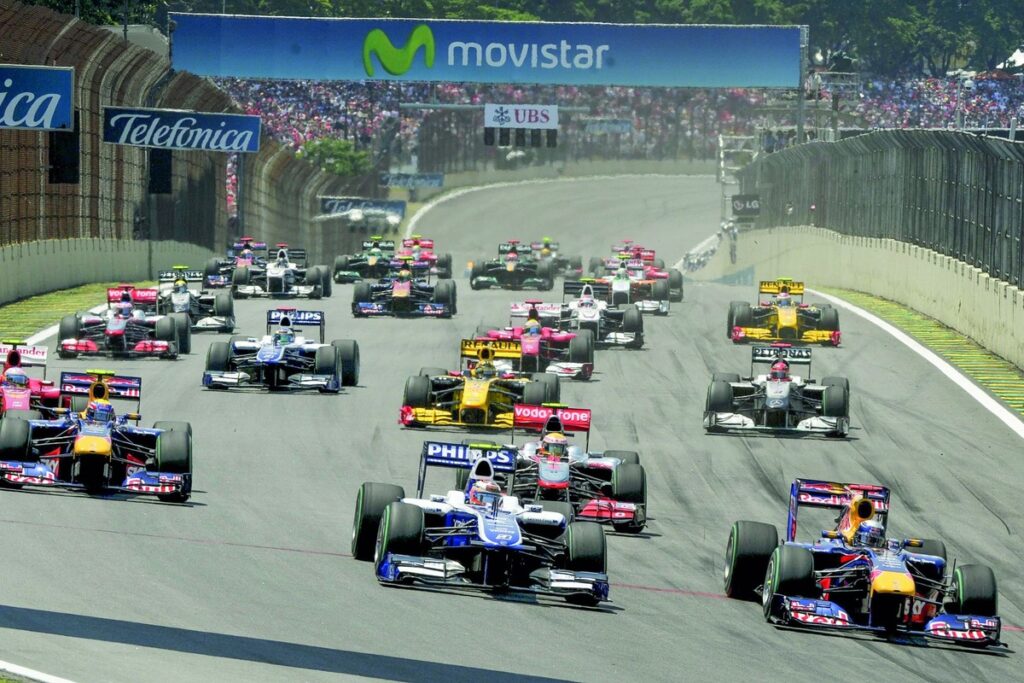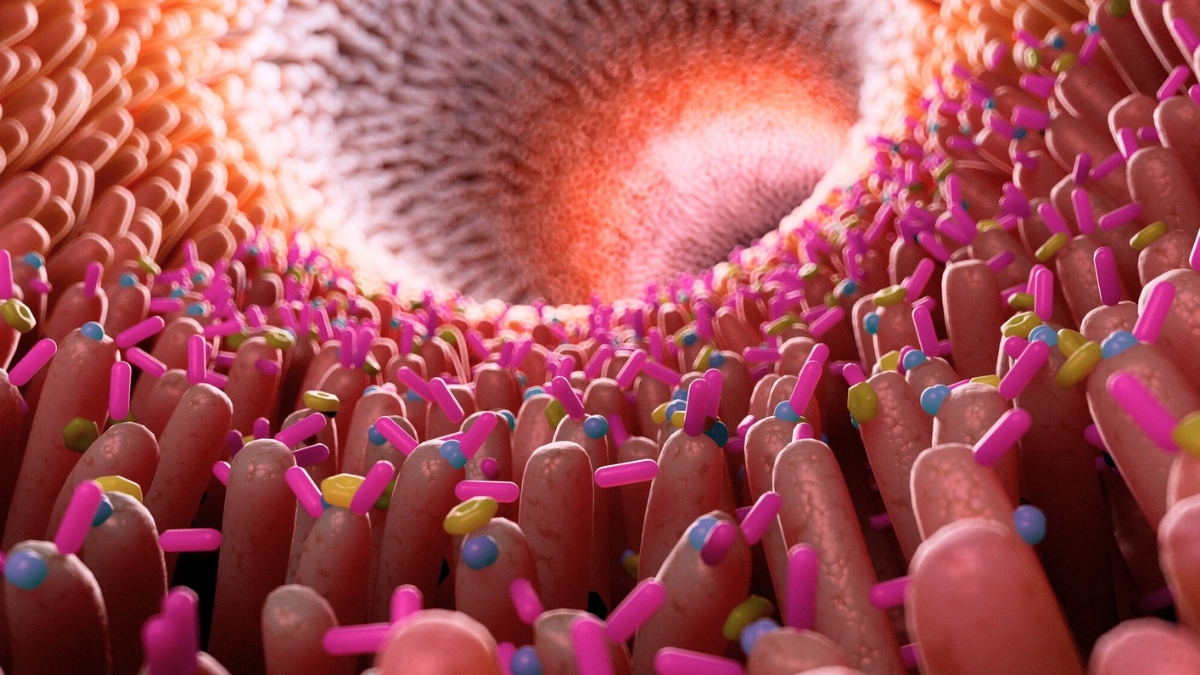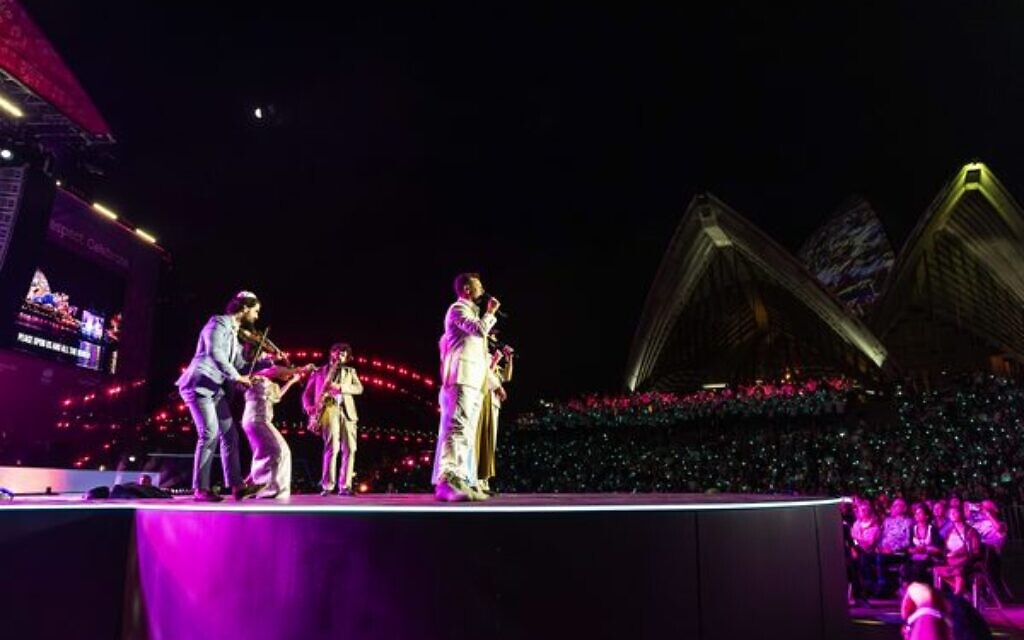
Dutch driver Max Verstappen has called for a return to the lighter, more agile Formula 1 cars of the late 2000s and early 2010s as the sport prepares for significant regulatory changes in the upcoming 2026 season. The new regulations aim to address the challenges posed by larger cars, which have made overtaking more difficult and reduced the excitement of close racing.
In the 2026 campaign, Formula 1 will introduce a series of changes, including smaller chassis and a power unit that features a 50/50 split between combustion and electric power. Verstappen, a four-time world champion, believes that reverting to a configuration similar to that of a decade and a half ago—when cars were approximately 180 kg lighter—would enhance the quality of racing.
“What is the most important is lighter cars, smaller cars,” Verstappen stated. He emphasized that achieving this goal requires adjustments to the engine regulations. “At the moment, the engines are super efficient, but they are also quite big. That makes the car longer, you need more cooling, so the car becomes quite big,” he explained. He expressed hope that the sport could replicate the characteristics of cars from the 2010 era, which he believes would improve the overall racing experience.
Despite his strong opinions on car design, Verstappen acknowledged that he does not have the final say in the matter. As Red Bull Racing gears up for a pivotal season, the team faces the challenge of debuting its own power unit after relying on Honda engines since 2019. This transition raises questions about Red Bull’s competitiveness in 2026, especially considering that rival teams like Mercedes may benefit from the new regulations due to their leading engine technology.
“It’s a big question mark, for sure, but honestly I think there are not many people that can say right now, ‘yes, we are going to be really, really good’,” Verstappen remarked. He refrained from making predictions about Red Bull’s performance, recognizing the uncertainties that lie ahead.
Looking ahead, Verstappen acknowledged the complexity of the new regulations and the significant role of the engine in determining performance. He noted, “The regulations are so complex that, of course, the engine is going to be super important, but you also need to make sure that you build a good car.”
The team’s ability to integrate their new power unit with the car design will be critical in the early races of the season. Verstappen anticipates that the initial races will present challenges for all teams as they adapt to the new technology and car dynamics.
As Formula 1 moves towards the 2026 season, Verstappen’s insights highlight the ongoing debate about the direction of the sport and its commitment to improving the racing spectacle. The changes promise to reshape the competitive landscape, but only time will reveal how these new regulations will impact the teams and drivers on the grid.






